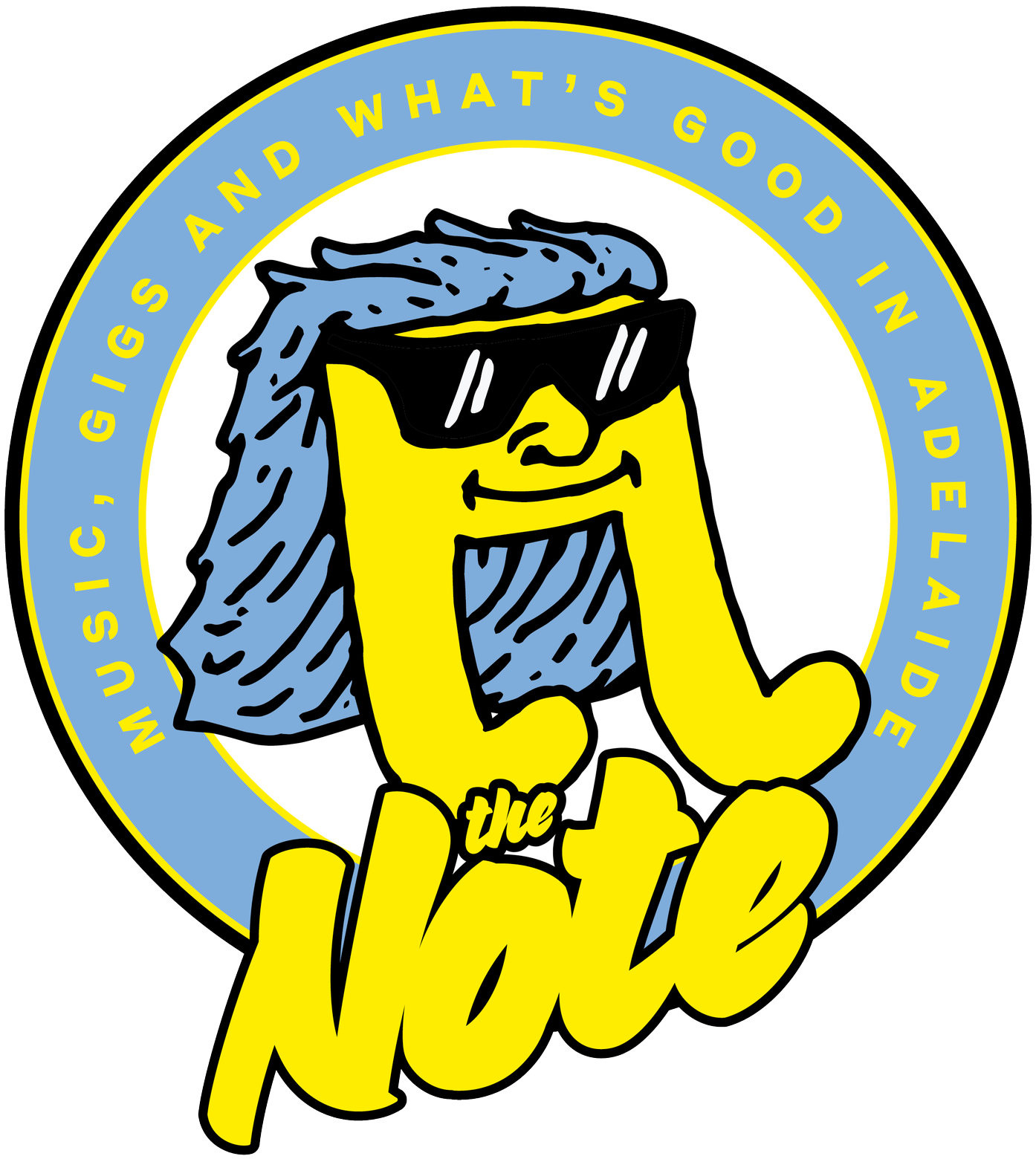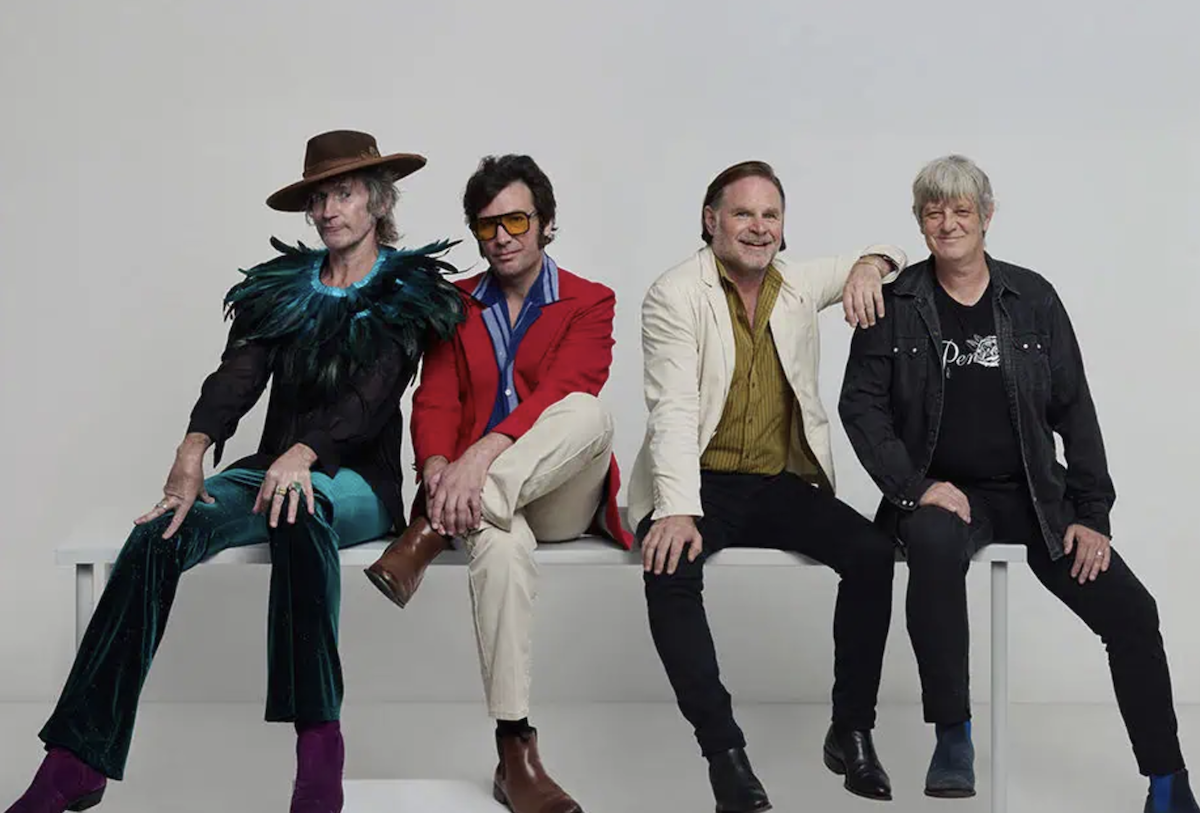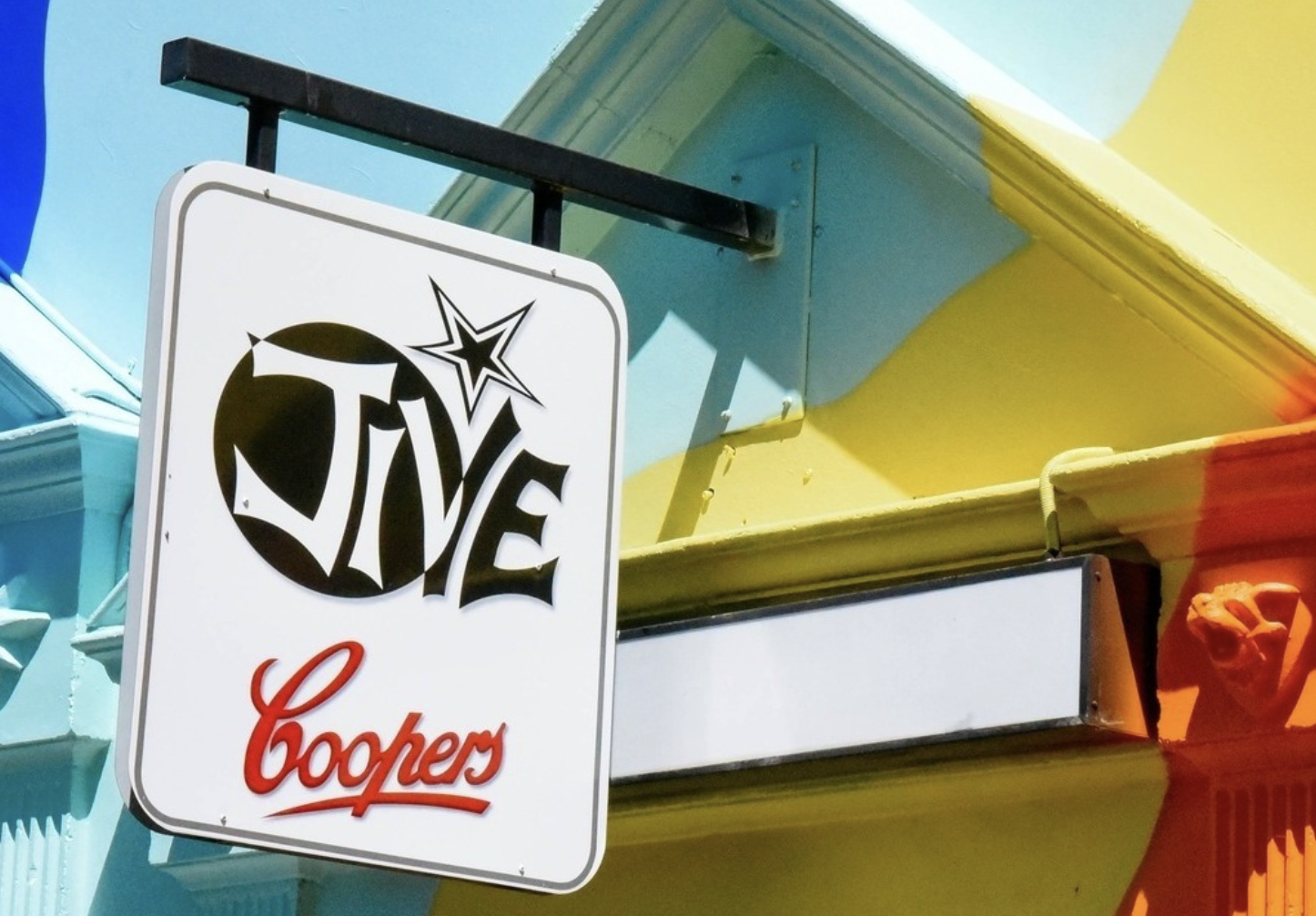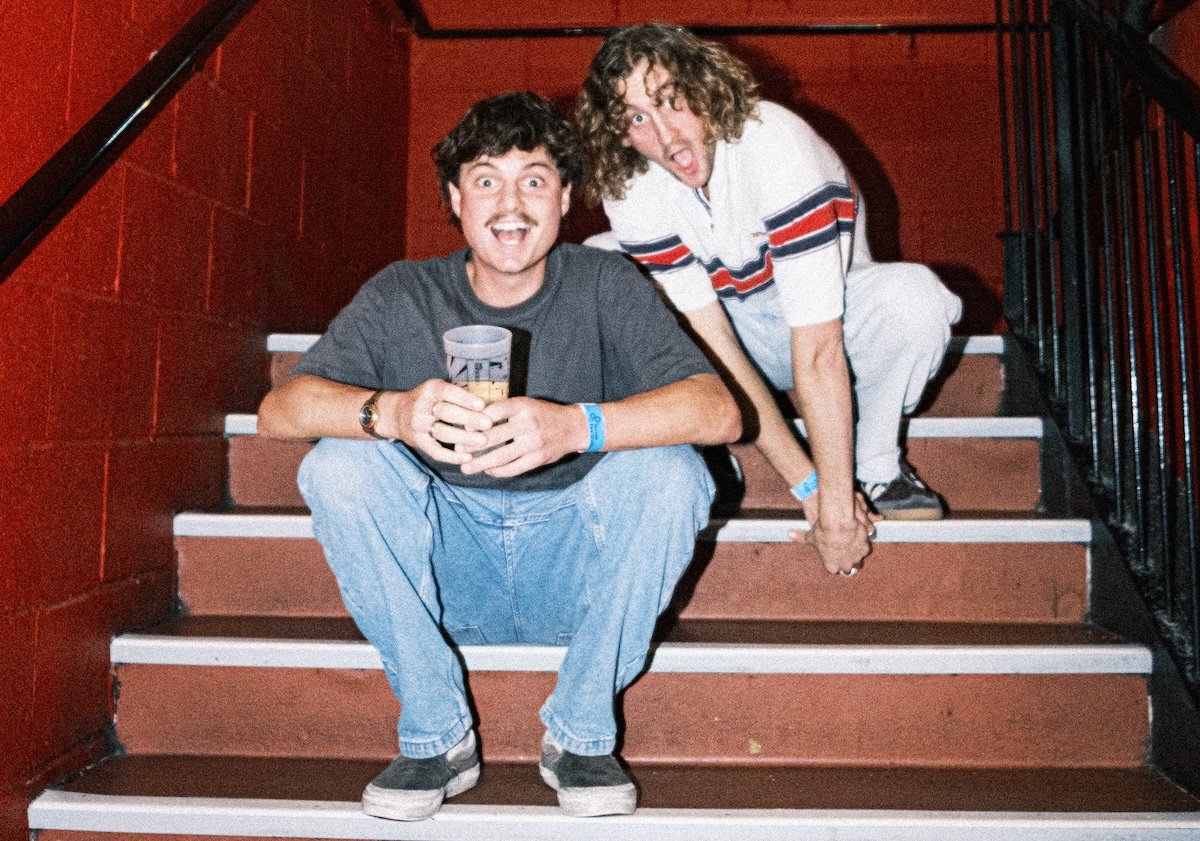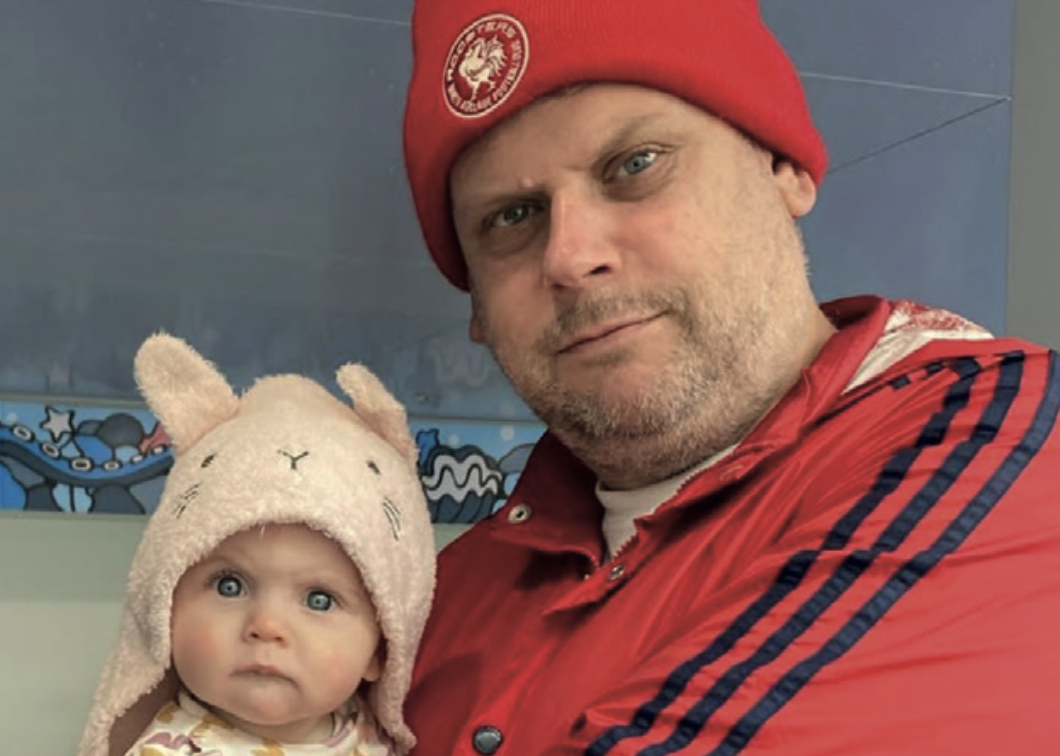Locals Only: RULLA
Tulampanga Pakana MC and storyteller RULLA sits down for a conversation about the power of truth telling, playing Notestock and what to expect from his debut LP
Interview by Zara Richards // Image by BASE VISUALS
We’re very excited to have you at Notestock! What should we expect from your set?
The opportunity to play at Notestock was a no-brainer! [My set] is all new music from my solo debut LP, which we’re still in the process of recording. So, it’ll be stripped back and not necessarily the final form [of the record].
What can you tell us about your LP?
I’m working with multi-award-winning artist/producer Dan Rankine – aka Trials – a Ngarrindjeri man from Raukkan. Trials is one half of A.B. Original and part of iconic hip-hop group Funkoars. Together, we’re creating a project and story largely unheard within the current mainstream music industry. I wanted to jump in the deep end and record an LP straight up. I think the essence of the project should be represented in a long play, and to collaborate with Trials is a young Aboriginal boy’s dream come true.
What do you want to say on this record?
For Aboriginal and Torres Strait Islander people and our communities, we've had our history and narrative reshaped to fit a colonial comfortability, and none more so than my community. This LP is told from firsthand experience and knowledge of an Aboriginal man born and raised on the soil of Lutruwita, where my elders and old people cared for our story. Without their strength [and] resistance that predates colonisation, I wouldn’t have a voice – I wouldn't be in a position where I can share my experiences and our story. That’s always front of mind in anything I do, and I trust that those values have been upheld when people hear the LP. It represents a young Aboriginal boy who lived between two worlds. In one world I am sharing truthful tellings of our culture, our history and celebrating our natural world. In the other world, I am speaking to our injustices, which are endemic to our community struggle and pursuit of autonomy. We've been pushed to the point where someone has to put it on wax and say enough is enough.
Is music where you feel the most comfortable sharing your thoughts?
It’s probably more of a responsibility. I grew up in households where my mother was a radical activist, and my father is a wildlife conservationist. I learned that our time here isn’t just about ourselves. I’m merely an instrument to a story that predates any Western influence or structures you see today. Our culture reflects the natural world at its healthiest and purest. Our old people nurtured those cultural responsibilities through two Ice Ages, attempted genocide, land displacement and dispossession – I carry that strength, responsibility and legacy deeply.
What are your first memories of music?
I was around live music from an early age. My first memories align with everything our parents [and our community] were doing then – they were very prominent activists in Aboriginal affairs, land rights, and environmental issues. For myself and artists like Miss Kaninna – who is my little Cuz – we were kids running around and absorbing music and its messages, which came out loud at festivals, parties, rallies and bush doofs.
In those early days, I spent time with Uncle Archie Roach and Aunty Ruby Hunter, who [would] stay with my family and our community, so I would watch and learn as much as I could from them. I think those early foundations of being engaged with our culture and growing up in community is what steered me towards sharing the stage with Xavier Rudd in 2004, at 12 years old at Falls Festival, Marion Bay, which I can remember vividly, like it was yesterday. That day I caught a bug of something I couldn’t really understand or explain.
What lessons from Archie Roach and Trials do you carry as a musician today?
I carry Uncle’s lessons every day. He always drove home the importance that what we do isn’t just about ourselves, as well as the notion that when one of us shines, we all shine. I think Trials is unmatched. I see how hard he works – he has built a legacy off just doing it and not making excuses about it. I love his work ethic, his relentlessness to consistently move into areas that haven’t been explored and his selflessness. He spends a lot of his time amplifying voices of artists from all different Aboriginal and Torres Strait Islander communities.
What does success look like to you?
I probably look at it in a deeper, more multifaceted way. My music is one part of the story. I always reflect on my family and friends I grew up with – those who turned left rather than right. Some of them have passed, others are in jail, others are stuck in trauma or addiction, and some [are] still trying to find their way in the world. I rep them mob and I always acknowledge them when I think about questions like this because, for me, I’ve been in those rooms. I don’t trip on what people may or may not view as ‘success’. I’ll keep doing what I’m doing and let that fire burning inside do what it does. If any of my people feel a sense of purpose – if they feel unity or feel seen, heard and safe – I’m good. Our one life is precious. We have limited time here to feel anything other than inspired. Be fearless, believe in yourself and go do it.
See RULLA alongside West Thebarton, Private Function and more at Notestock on November 29. Tickets on sale now.
